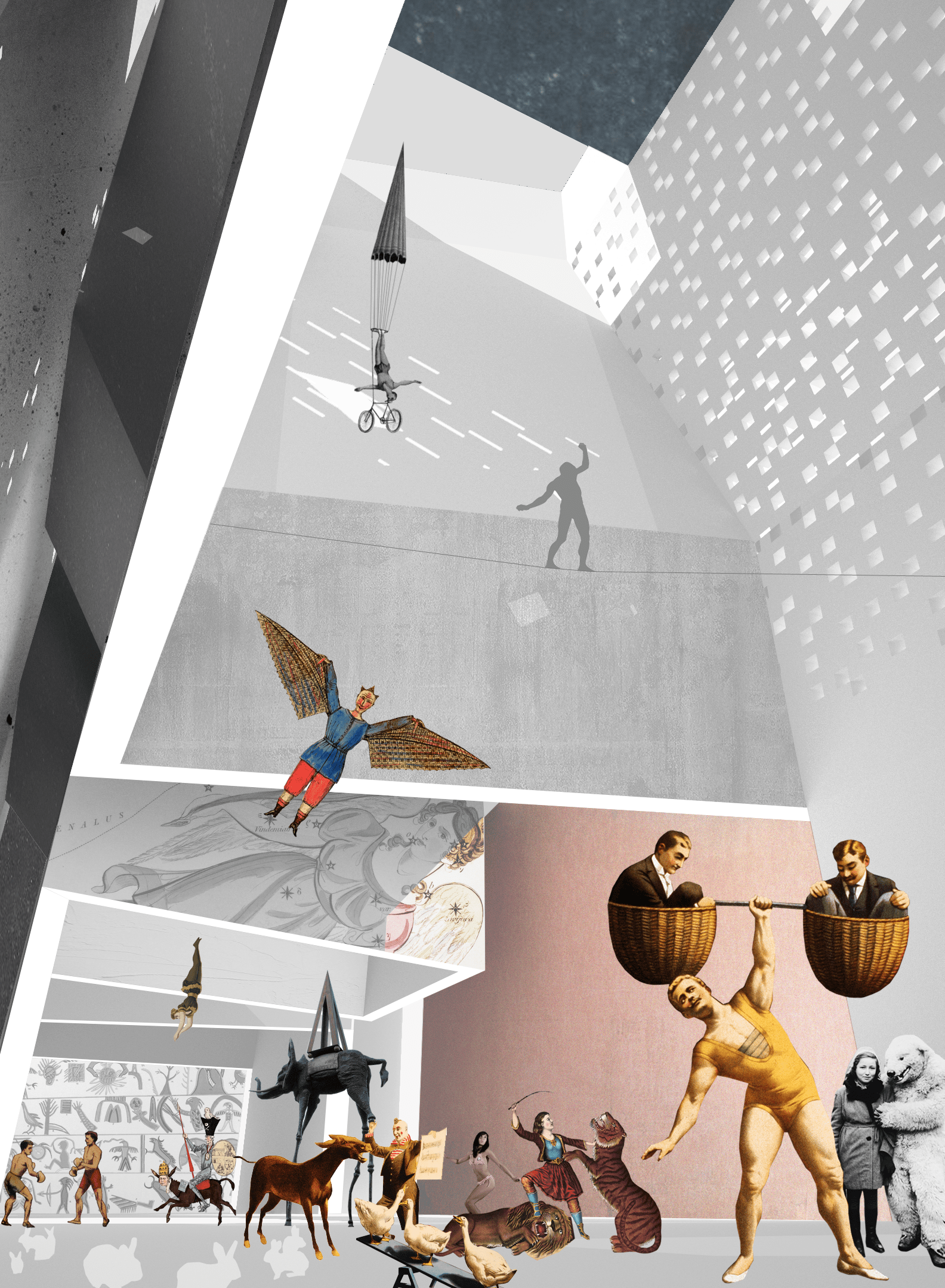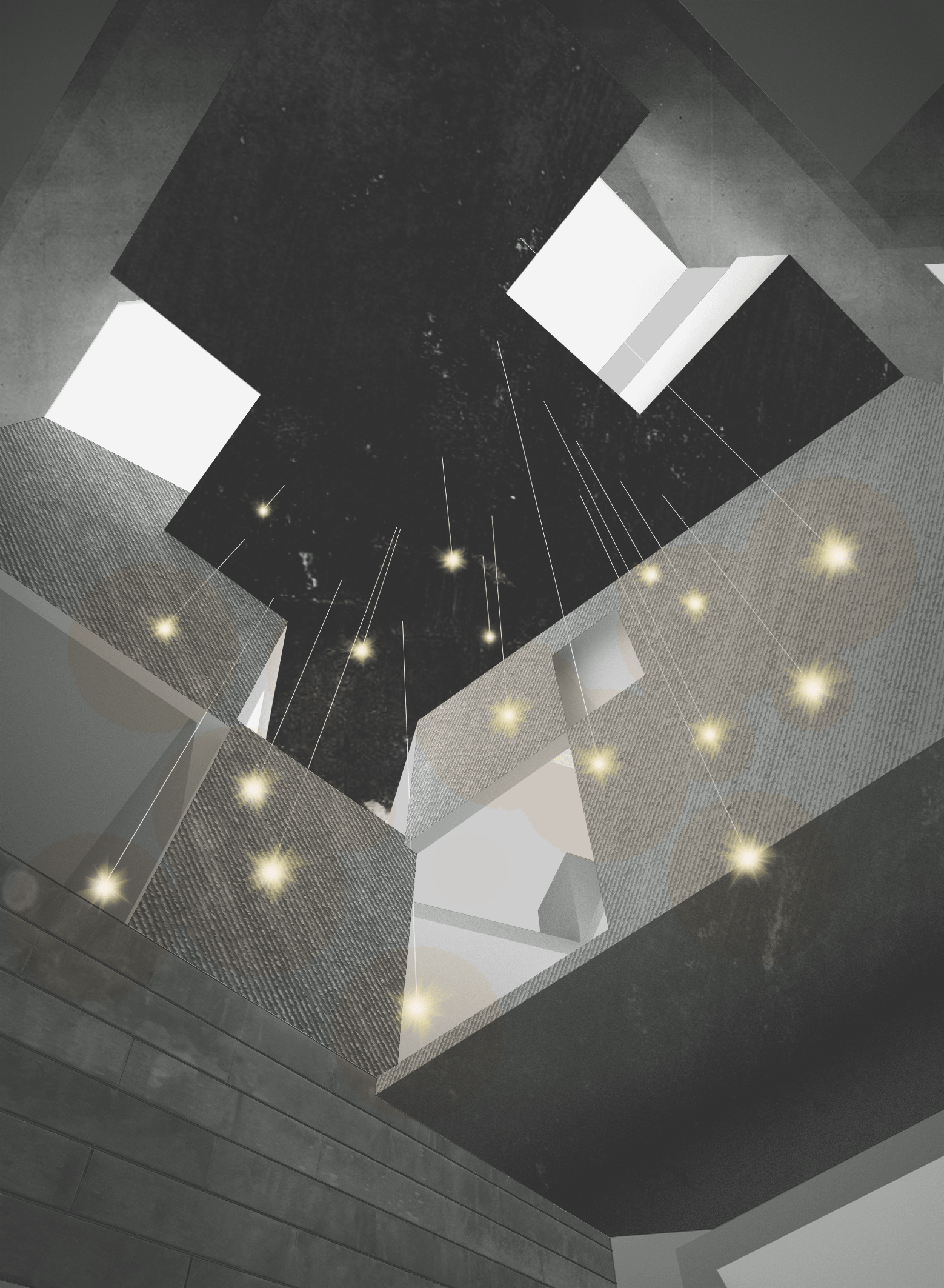AGAINST EXILE
Time, memory, and imagination after modernity
Against Exile contemplates the ruin through three aspects of being left fragmented by the social, economic, cultural, and technological forces of the last century—memory, temporality, and imagination.
The project imagines a reconstruction of these elemental modes of human experience by reclaiming abandoned WWII sea forts in a contra-modernity heterotopia of vagabonds and paradise seekers.
Each assemblage is a vessel, and its purpose, modes of inhabitation, and meaning depend on construction of space around individual and collective behaviors. The following vignettes reflect not just the perspective of a visitor approaching this unknown community, but also my own view of architectural representation as momentary and episodic.
Each assemblage is a vessel, and its purpose, modes of inhabitation, and meaning depend on construction of space around individual and collective behaviors. The following vignettes reflect not just the perspective of a visitor approaching this unknown community, but also my own view of architectural representation as momentary and episodic.
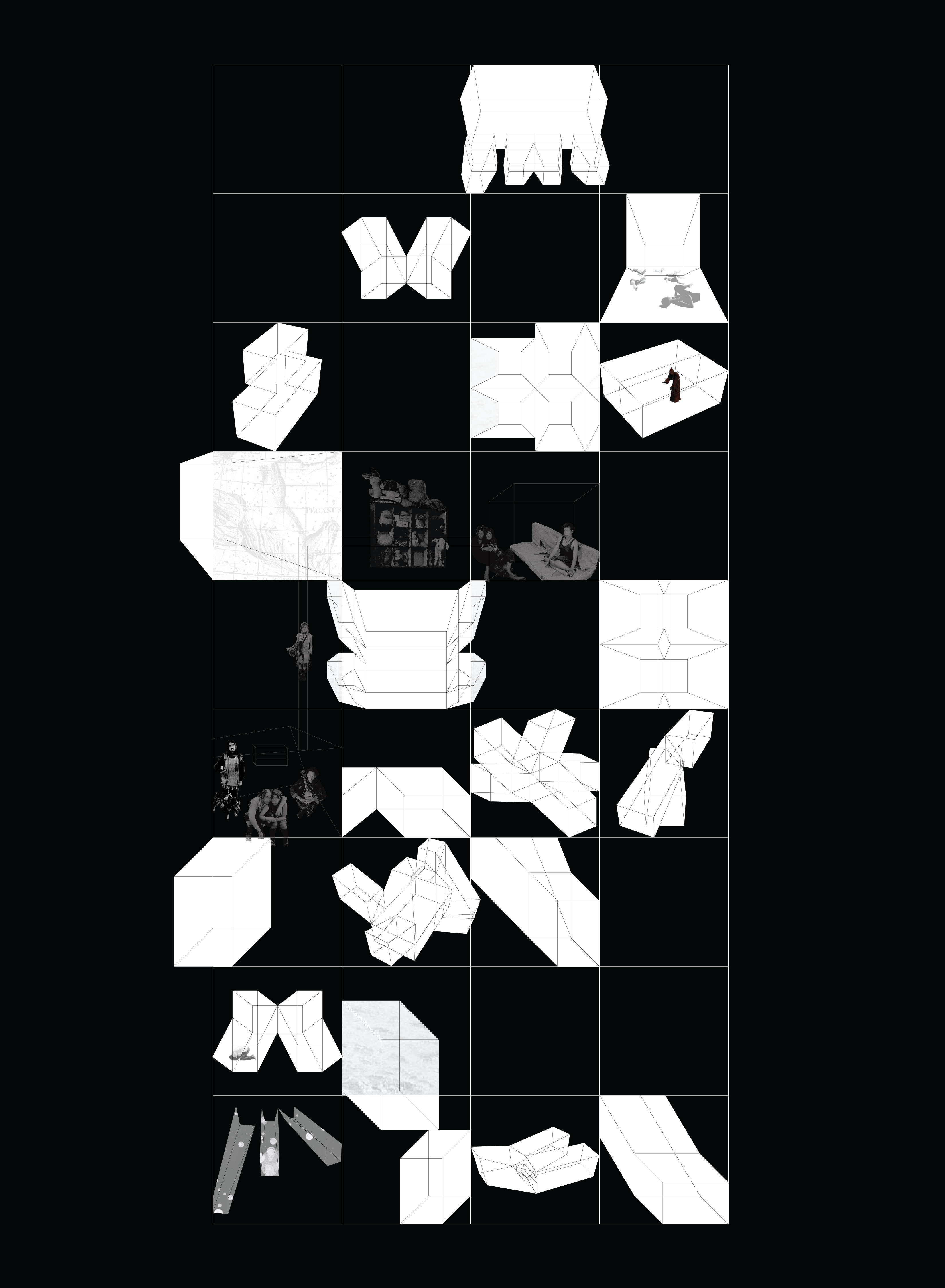
"No individual endows the meaning of a ruin; it is a collective measure that comes from the basic situation an individual makes upon encountering a place: here is the house; here stood the house; here my mother grew up; here I fell in love—
here the woods is growing up; here the river floods; here stands the symbol of a former injustice; here the people fled; here I struggled to survive; here I had to leave
—this places is, was, will be, ought to be, may be, has been, would have been, will have been, had never been, and should have never been."
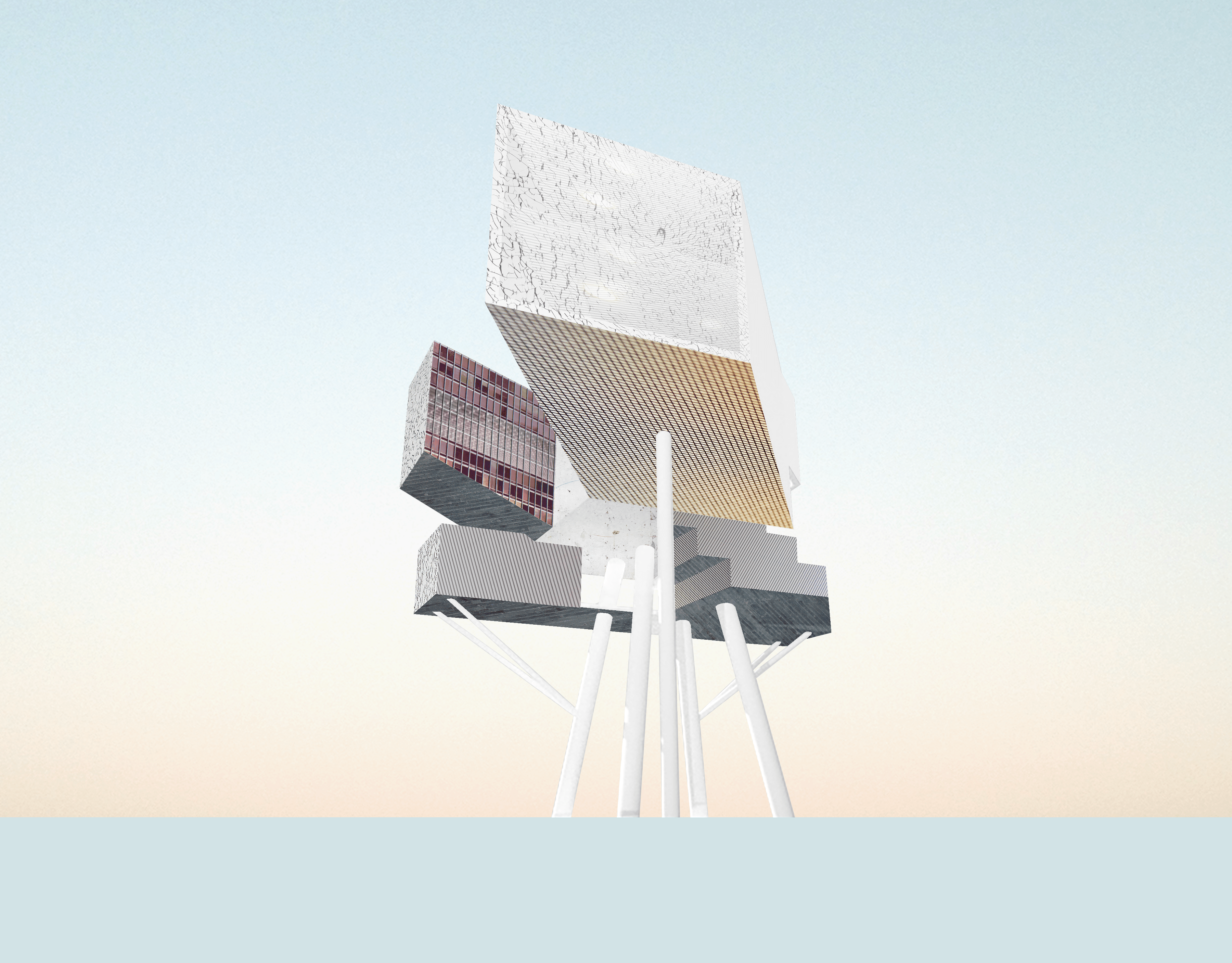

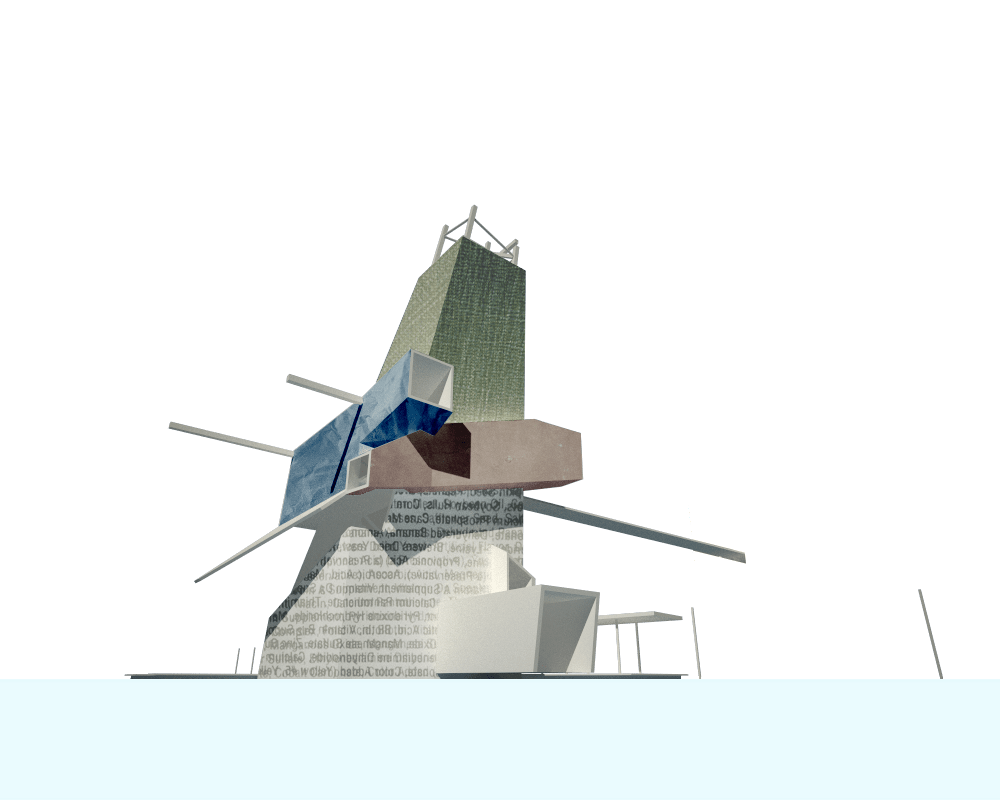


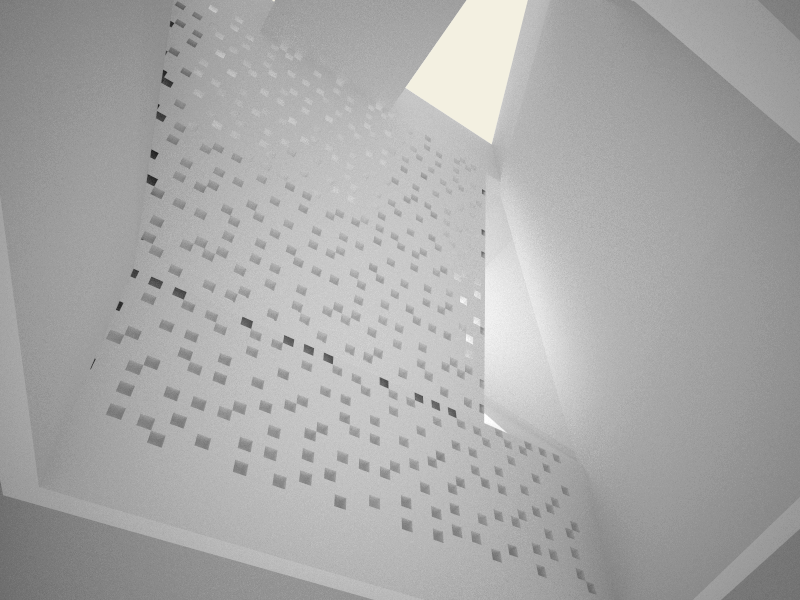

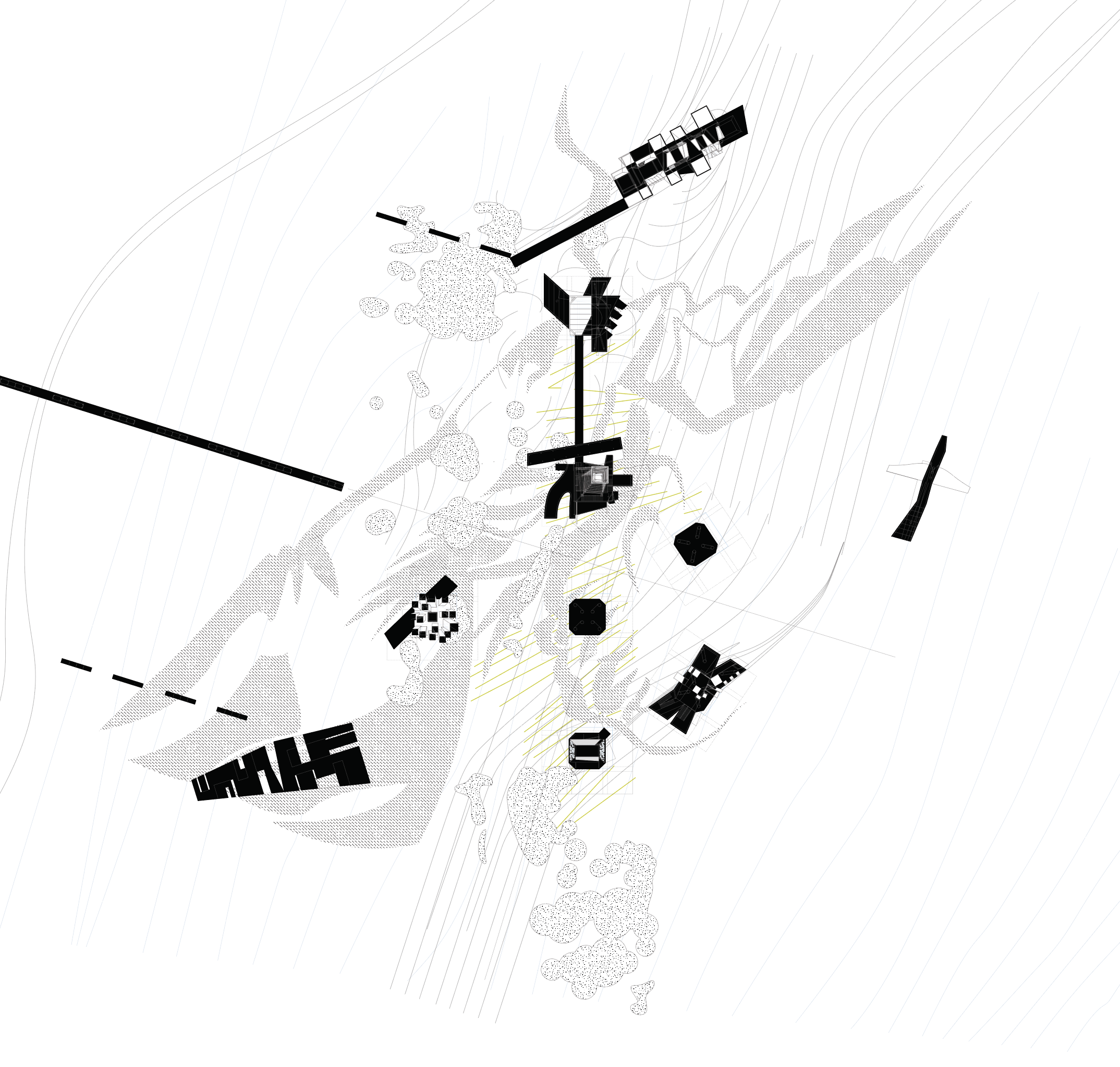
"... false monks, charlatans, swindlers, cheats, tramps and tatterdemalions,
lepers and cripples, jugglers, invalid mercenaries...and
along with them ambulant artisans, weavers, tinkers, chair-menders, knife-grinders, basket-weavers,
masons, and also rogues of every stripe, forgers, scoundrels, cardsharps, rascals, bullies, reprobates,
recreants, frauds, hooligans, simoniacal and embezzling canons and priests, people who lived on the
credulity of others, counterfeiters of bulls and papal seals, peddlers of indulgences, false paralytics
who lay at church doors, vagrants fleeing from convents, relic-sellers, pardoners, soothsayers and
fortunetellers, necromancers, healers, bogus alms-seekers, fornicators of every sort, corruptors of
nuns and maidens by deception and violence, simulators of dropsy, epilepsy, hemorrhoids, gout, and
sores, as well as melancholy madness."
Umberto Eco, The Name of the Rose
